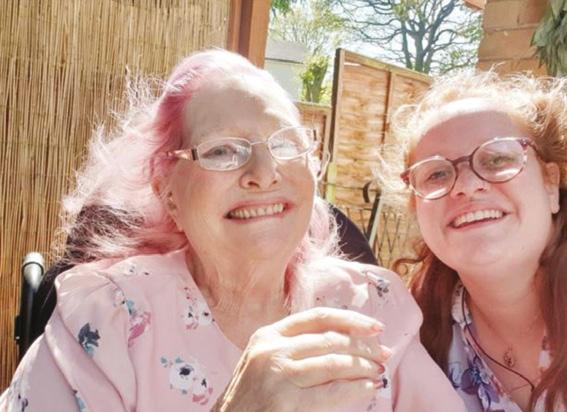RECOVERY & REHABILITATION
Family Focused Interventions WHAT HAPPENS WHEN WE BOLSTER FAMILY RESILIENCE? By Bridget Smyth Head of Children and Youth Services Brain Injury Matters (BIM) NI
A
cquired brain injury (ABI) is a complex condition, with injuries varying widely in terms of origin, severity and longer-term impact. The challenges children and their families face after sustaining an ABI have been the subject of international debate over the last 15 years. Many children will be left with no physical indication of their injury, but are at risk of experiencing difficulties in terms of their thinking, their functioning in activities of daily living and emotional experiences. It is not uncommon for these issues to only become apparent after returning to everyday life at home or school. Importantly, as the brain is still developing throughout childhood and adolescence, the impact of an injury sustained at this time may not be known for a number of years. In addition, numerous studies demonstrate that children following an ABI are at risk of underachieving in education, developing mental health and mood difficulties and are disproportionately represented in the juvenile (and adult) justice populations.
THE IMPACT OF ABI GOES BEYOND THAT The impact of ABI goes beyond that of the child and can adversely affect families. Living with a child with ABI, or the ‘invisible disability’ as it is commonly referred to, places enormous stress on the family and, if not managed or supported, can tear family units apart. There is consistent evidence that suggests that healthcare professionals focus on the medical aspects
46
2021/2 2
of recovery, rather than taking a holistic, family-centred approach to care. Often upon discharge from hospital families have described a realisation that the family must now go-it-alone, which often creates a sense of abandonment and anxiety amongst families.
They have given my child coping mechanisms which will benefit him throughout his life PARENT OF ABI SURVIVOR Studies have shown parents to experience post-injury depression, guilt and anxiety which is not entirely surprising given the unpredictable nature of ABI for families. Furthermore, some families in the wake of ABI can experience deteriorations in their socio-economic standing due to having to change or quit jobs to care for their child and the financial burdens this incurs. Equally research has indicated that for young people whose brother or sister has an ABI, poorer quality of life may result for these siblings in comparison to peers. A Northern Irish sibling controlled study conducted by Jebb and Colleagues (2012) that examined the behavioural outcomes of childhood ABI, reported that siblings of children with ABI demonstrated more deficits than reference norms on teacher reportedbehavioural and social measures of adjustment.
sevenstarmedia.co.uk


























































